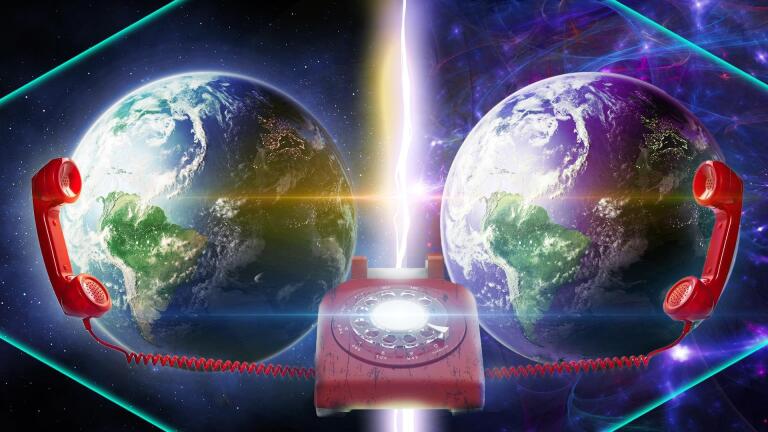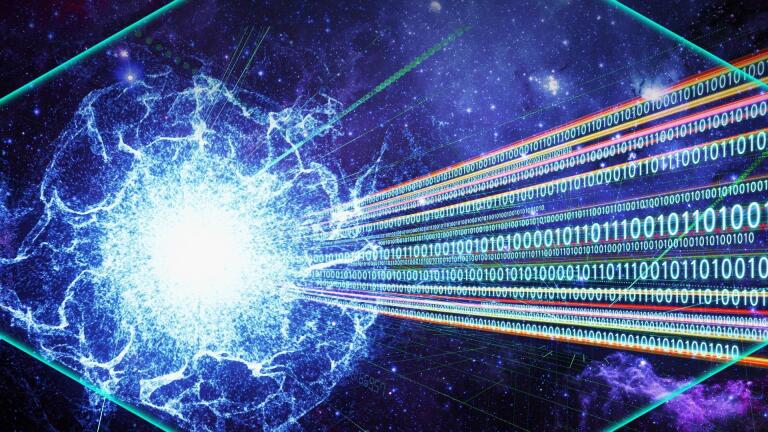Back to Show
PBS Space Time
Does Infinity - Infinity = an Electron
Season 10
Episode 30
What do you get if you take something that’s infinitely massive and combining with something else that’s negative infinitely massive? You get a single electron, at least that’s what it looks like in our most precise way of describing the quantum world.
Sign up now for inspiring and thought-provoking media delivered straight to your inbox.
Support Provided By

12:21
Our cleverest astronomers have figured out ways to catch light that skims black holes.

13:01
Of all the possible ends of the universe, vacuum decay would be the most thorough.

13:43
It may very well be possible to communicate between worlds.

14:30
A newly discovered white dwarf may change our understanding of all cosmology.

13:26
We explore the range and distance magnetism can take us.

12:50
Where are the worlds of all the times the universe has split?

14:05
Although elusive, the quantum spin has led to some of the deepest insights we now know.

14:01
Entropy is behind one of the most fundamental laws of physics.

12:22
The more time and space are divided, the distance between them may not exist.

13:44
The accumulation of space junk increases collisions known as the Kessler Syndrome.

11:34
If Planck relics are real, then the black holes may just be everywhere.

10:48
Quantum mechanics forbids us from measuring the universe. But we try with this principle.











